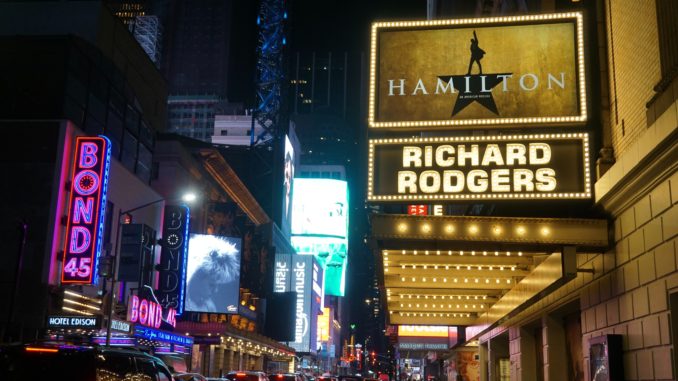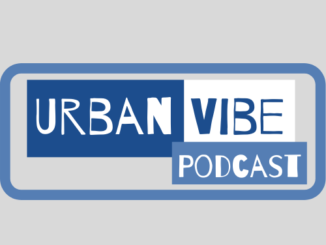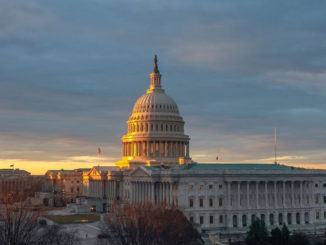
We love sitting back in our seats and marveling as we watch professionals perform at the top of their game. While this could be a description of both the performing arts and sports, only one was granted the privilege of existing through the pandemic.
On Mar. 12, 2020, Broadway theaters shut their doorswith countless theater and concert venues across the country and the world quickly following suit. As the one-year anniversary of the shutdown approaches, the Great White Way is still dark with no hopes of returning until June at the earliest, leaving thousands of artists and performers without work.
However, throughout the pandemic, we have had no real absence of sports in our lives. From Masters tournaments to Super Bowls, to the upcoming March Madness season, professional athletics continued live and in-person. Many crowds gathered to watch the proceedings and teams traveled across the country to face off at close distances.
While the reality is that health and safety concerns should warrant both industries shutting down, the pandemic has exposed the ever-present and disheartening mistreatment of the performing arts industry. Arguably, both sports and performing arts are for entertainment purposes, but only sports has been deemed “essential.” Even as we cling to the creativity and offerings of arts workers to keep us company in quarantine, we’ve left them to fend for themselves.
It’s no secret that the performing arts industry has always been filled with performers struggling to make ends meet in some of the most expensive cities in the country. The shutdown means nearly all of them have been unemployed for almost a year. Many even lost health insurance due to the inability to work the required number of weeks to qualify or due to depleted health funds.
In the NBA and MLB, players make an average of $7.7 million and $3.89 million respectively. In the NFL, a rookie player will make a minimum of $480,000 on a one-year contract. Many of these players would still be able to live quite comfortably should sports shut down, and that’s before factoring in sponsorship and advertising opportunities.
The majority of live theater performers make nowhere near that kind of money, and they’re the ones that haven’t seen a paycheck in a year. Some started their own music or acting studios to teach lessons and try to get by. Others were forced to leave the industry altogether.
Performers are not the only ones hurt by the shutdown. The pandemic affects venues and the theater districts around them. In our own city of Des Moines, the Des Moines Symphony canceled its regular 2020 season, and The Willis Broadway Series canceled the remainder of its 2020-2021 season with no plans to begin again anytime soon. Des Moines Performing Arts laid off half of its staff, and the Civic Center’s doors remain shut, even as people right across the street piled into Hy-Vee Hall for IHSAA State Wrestling Tournaments just last week.
If the roles of sports and performing arts were reversed, there would be a deafening outcry. The arts are a vital part of our society, but we have not treated them with the support and appreciation they deserve. If you’re able, donate to the Actors Fund, support your local artists, and pray that they have something to come back to when this is all over.




Be the first to comment